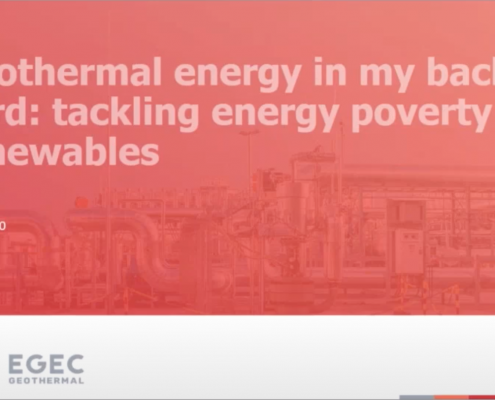
LPRC at the “Geothermal energy in my backyard: tackling energy poverty with renewables” webinar
On June 25, took place the “Geothermal energy in my backyard:…
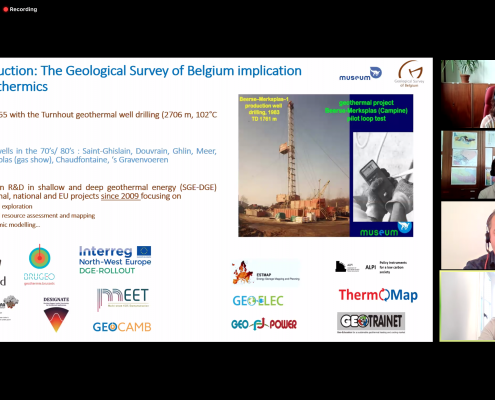
LPRC participates in the GeoConnect³d event
On the 24 June, the European Federation of Geologists hosted…
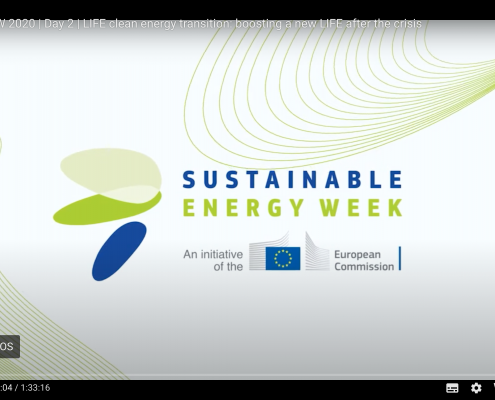
LPRC attends the EU Sustainable Week (part 2)
LPRC participated in this year's EU Sustainable Energy Week (EUSEW…

LPRC attends the EU Sustainable Week (part 1)
LPRC participated in this year's EU Sustainable Energy Week (EUSEW…
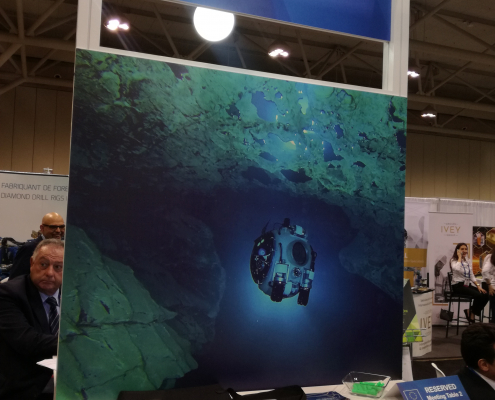 La Palma Research Centre
La Palma Research CentreLPRC participates in the UNEXUP & PIPEBOTS webinar
LPRC's members participated on a recent joint webinar between…
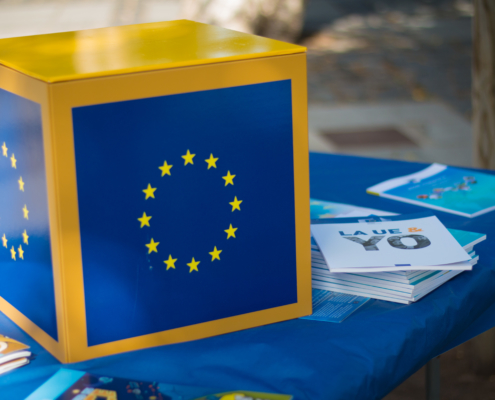
Call for participation in our projects!
La Palma Research Centre is a partner in many EU-focused projects.…
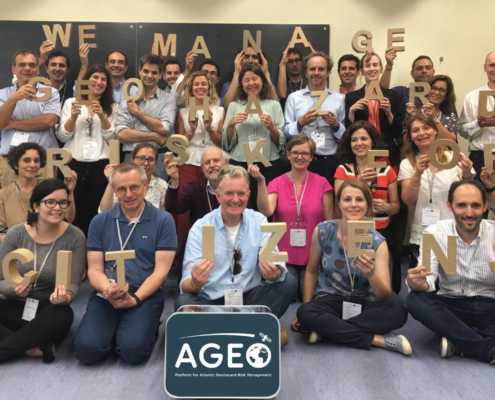 AGEO
AGEOAGEO e-meeting – May 2020
On the 27th and 28th of May the third Consortium meeting of the…
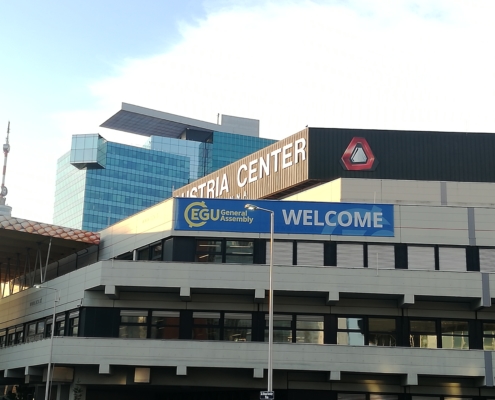
EGU 2020 online event from LPRC’s eyes
Last week, the LPRC team presented some of its projects at the…

EGU 2020 online – with LPRC participation
Similarly to the past editions of 2017 and 2019, LPRC is set…

LPRC team keeps working despite Covid-19 restrictions
The LPRC team members keep working on the projects despite the…
